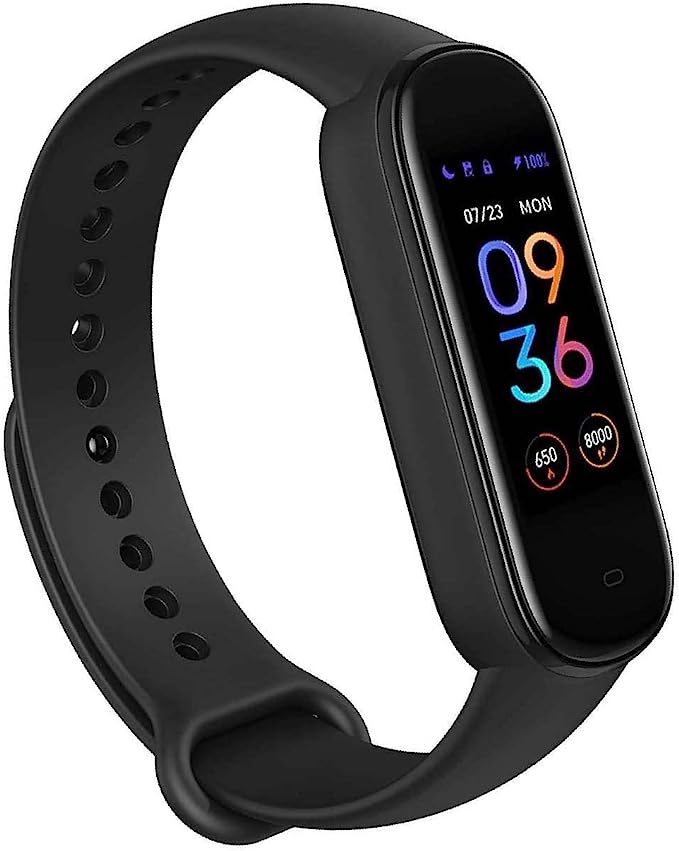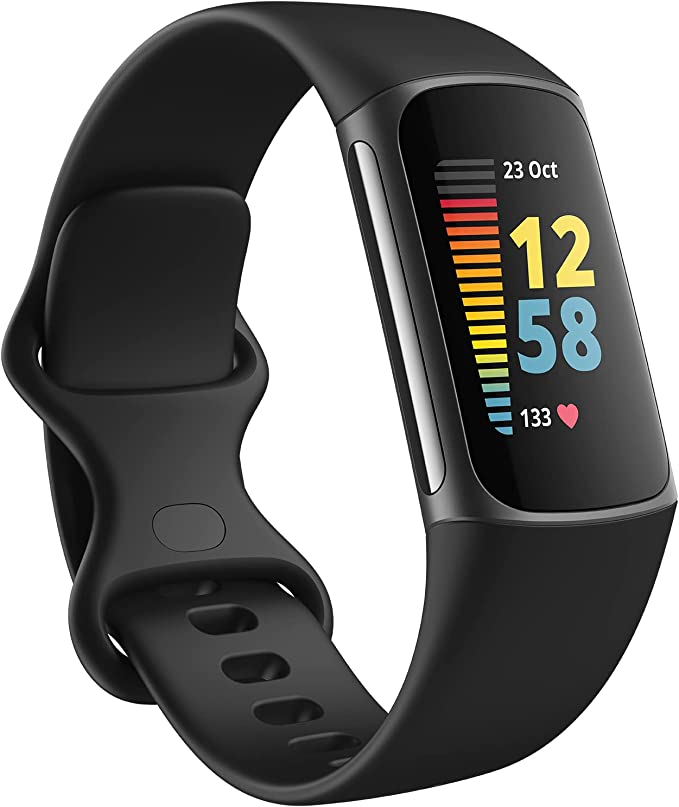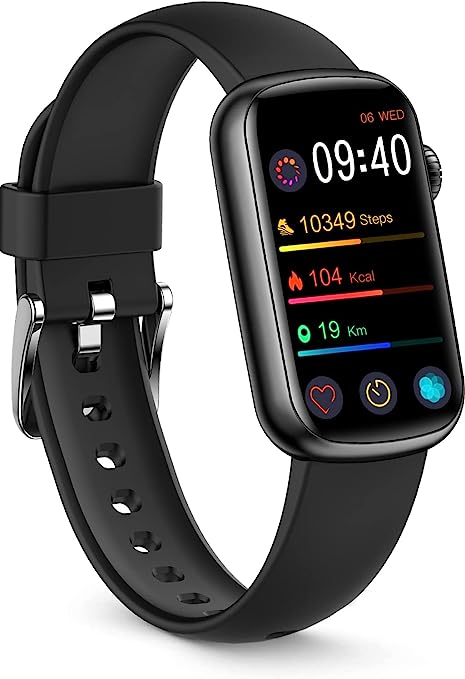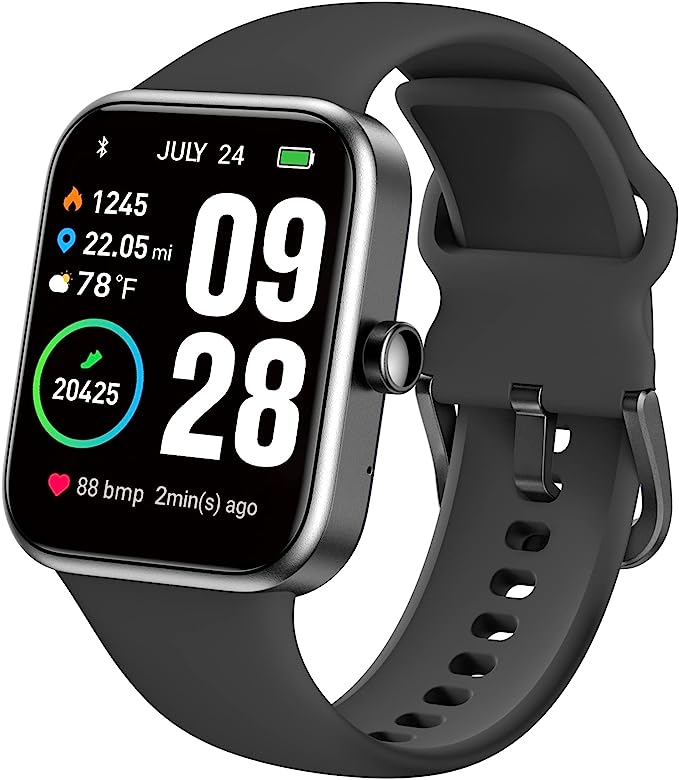Introduction
In today’s world, where health and fitness take center stage, understanding your calorie intake is crucial for achieving your goals. Whether you aim to lose weight, maintain a healthy lifestyle, or gain muscle mass, knowing how many calories you should consume is essential. This article will guide you through the process of calculating your calorie intake using a calorie intake calculator. We will explore the factors that influence calorie requirements and provide step-by-step instructions on how to determine your daily caloric needs. So, let’s dive in and unravel the mysteries of calorie intake!
1. Understanding Calories
What are calories?
Calories are units of energy that our bodies obtain from the food we consume. They fuel our everyday activities, including breathing, digestion, and physical movement. Each macronutrient—carbohydrates, proteins, and fats—contains a specific number of calories per gram. Carbohydrates and proteins provide approximately 4 calories per gram, while fats provide 9 calories per gram.
Why is calorie intake important?
Calorie intake is crucial because it directly impacts our body weight and overall health. Consuming too few calories can lead to malnutrition and low energy levels, while excessive calorie intake can result in weight gain and associated health problems. By understanding and managing our calorie intake, we can maintain a healthy balance and support our desired goals.

Amazfit Band 5 Activity Fitness Tracker with Alexa Built-in, 15-Day Battery Life, Blood Oxygen, Heart Rate, Sleep & Stress Monitoring, 5 ATM Water Resistant, Fitness Watch for Men Women Kids, Black
2. Factors Influencing Calorie Requirements
Several factors contribute to determining an individual’s calorie requirements. Understanding these factors is essential for accurately calculating your daily caloric needs.
Age and Gender
Age and gender play significant roles in determining calorie needs. Generally, younger individuals have higher calorie requirements due to their higher metabolic rates. Men typically require more calories than women due to differences in body composition and muscle mass.
Activity Level
The level of physical activity directly affects calorie requirements. Individuals with sedentary lifestyles need fewer calories compared to those who engage in regular exercise or have physically demanding jobs.
Basal Metabolic Rate (BMR)
Basal Metabolic Rate (BMR) represents the number of calories your body needs to perform basic functions at rest. It accounts for the energy required to maintain vital processes such as breathing, circulating blood, and regulating body temperature.
Body Composition
Body composition, specifically muscle mass and fat percentage, affects calorie needs. Muscle tissue is metabolically active and requires more energy, even at rest. Therefore, individuals with higher muscle mass tend to have higher calorie requirements.
Goals and Lifestyle
Your goals and lifestyle also influence your calorie intake. Whether you aim to lose weight, maintain your current weight, or gain muscle mass, these objectives will require different calorie adjustments.

Fitbit Charge 5 Advanced Health & Fitness Tracker with Built-in GPS, Stress Management Tools, Sleep Tracking, 24/7 Heart Rate and More, Black/Graphite, One Size (S &L Bands Included)
3. Calculating Calorie Intake
To determine your daily caloric needs accurately, follow these step-by-step instructions:
Step 1: Determine your BMR
Calculate your Basal Metabolic Rate (BMR) using a formula or an online BMR calculator. The most common formula is the Harris-Benedict equation, which considers factors such as weight, height, age, and gender.
Step 2: Incorporate activity level
Multiply your BMR by an activity factor that corresponds to your level of physical activity. Sedentary individuals use a lower activity factor, while active individuals or athletes use higher factors to account for increased energy expenditure.
Step 3: Adjust for goals and lifestyle
Make adjustments to your total calorie intake based on your goals and lifestyle. For weight loss, create a calorie deficit by reducing your intake slightly below your calculated requirements. For weight gain or muscle building, create a calorie surplus by increasing your intake accordingly.

FITVII Slim Fitness Tracker with Blood Oxygen, Blood Pressure, 24/7 Heart Rate and Sleep Tracking, IP68 Waterproof Activity Trackers and Smart Watches with Step Tracker, Pedometer for Women Kids
4. Using a Calorie Intake Calculator
How do calorie intake calculators work?
Calorie intake calculators simplify the process of determining your daily calorie needs. These online tools utilize algorithms and formulas to estimate your BMR and activity level, providing you with an approximate value of your required calorie intake.
Online tools for calculating calorie intake
Several reliable online tools are available for calculating calorie intake. Some popular options include MyFitnessPal, CalorieKing, and the USDA SuperTracker. These tools allow you to input your information and goals to receive personalized recommendations.
Pros and cons of using calorie intake calculators
Calorie intake calculators offer convenience and quick estimates, making them useful for individuals who are new to tracking their calories. However, it’s important to note that these calculators provide generalized values and may not account for individual variations. Consulting with a nutritionist or dietitian can help ensure more accurate and personalized recommendations.
5. Fine-tuning Your Caloric Needs
While calorie intake calculators provide a good starting point, it’s essential to monitor and adjust your calorie intake based on your progress and changing goals. Regularly reassess your body composition and adjust your intake accordingly. Consulting with a nutritionist or dietitian can provide valuable guidance and support in fine-tuning your caloric needs.

TOZO S2 44mm Smart Watch Alexa Built-in Fitness Tracker with Heart Rate and Blood Oxygen Monitor,Sleep Monitor 5ATM Waterproof HD Touchscreen for Men Women Compatible with iPhone&Android Black
Conclusion
Determining your daily calorie intake is a fundamental step towards achieving your health and fitness goals. By understanding the factors that influence your caloric needs and utilizing calorie intake calculators, you can make informed decisions about your nutrition and maintain a healthy balance. Remember, everyone is unique, and it’s crucial to listen to your body’s signals while finding the calorie range that works best for you.
FAQs (Frequently Asked Questions)
Can a calorie intake calculator help with weight loss?
Calorie intake calculators provide a starting point for weight loss by estimating your daily calorie needs. However, individual variations and other factors should be considered, and it’s advisable to consult with a healthcare professional for personalized guidance.
Are calorie intake calculators accurate?
Calorie intake calculators provide approximate values based on generalized formulas. While they can be helpful, it’s important to recognize that individual variations exist, and consulting with a nutritionist or dietitian can provide more accurate recommendations.
Should I track calories every day?
Tracking calories every day can be beneficial for understanding your eating patterns and ensuring you meet your goals. However, it’s important to maintain a balanced approach and not become obsessive or restrictive in your relationship with food.
How can I increase my calorie intake?
To increase your calorie intake, focus on consuming nutrient-dense foods such as lean proteins, healthy fats, whole grains, and fruits and vegetables. Including snacks and larger portions in your meals can also help increase your overall calorie intake.
Is it necessary to count calories for weight gain?
Counting calories can be helpful for individuals aiming to gain weight. By tracking your intake and ensuring a calorie surplus, you can monitor your progress and make adjustments as needed. However, it’s important to prioritize overall nutrition and focus on consuming a balanced diet.

